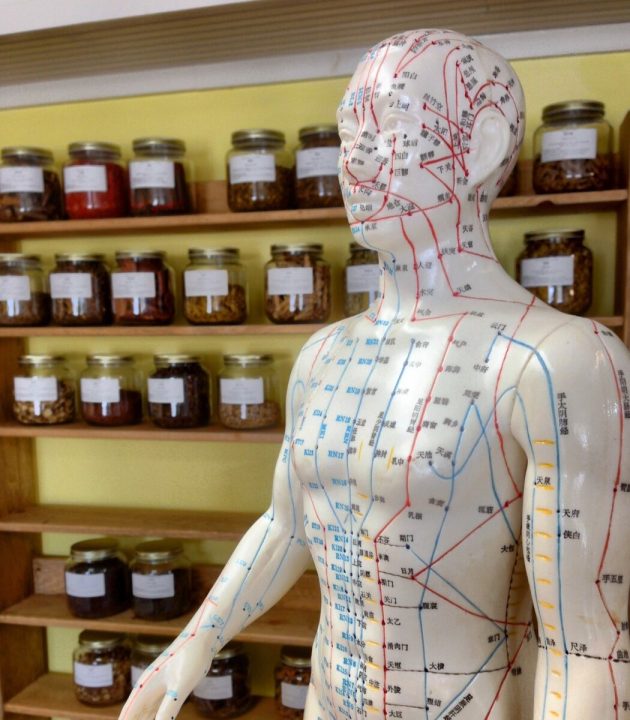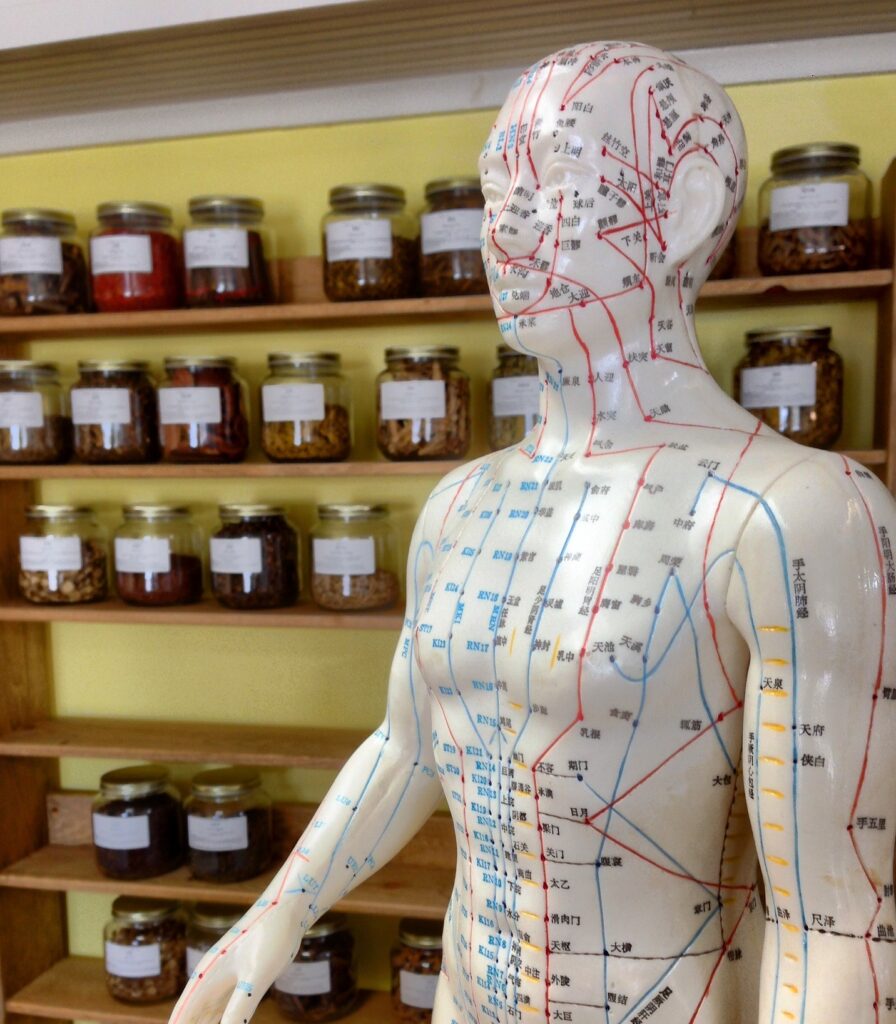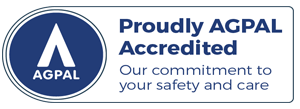
By Joshua Leishman, Acupuncturist
It is estimated that one in five Australians – roughly five million people – have suffered from mental health issues over the past year. Mental illnesses are far more than feeling sad or stressed, as they can have debilitating effects on our cognition and emotional balance, but conventional medications often have distressing side effects. These factors have lead to the popularity of holistic therapies such as Traditional Chinese Medicine (TCM), but are they effective?
Centuries of Experience
Traditional Chinese Medicine (TCM) has treated mental and emotional disorders for centuries, with combinations of dietary or lifestyle advice; herbal formulas; and manual therapies, such as acupuncture, that stimulate points on meridian lines running through the body.
On Cold Damage, a herbal formula classic written 2000 years ago, refers to several formulas targeting mental and emotional disorders. The symptoms included are insomnia, nightmares, heart palpitations, fear and fright (panic), depression and poor energy, speaking with ghosts (schizophrenia), eating dirt and singing naked from rooftops (mania). Additionally, sexual dysfunction is often treated as stemming from neurosis and depression.
TCM is helpful for mild to moderate mental and emotional symptoms. When it comes to serious illness such as bipolar depression, schizophrenia, or severe depression, an integrated approach is best, including psychiatric pharmaceuticals and psychological therapy.
Depression and Anxiety
Many patients with depression or anxiety seek TCM therapies. Research reviews have found that acupuncture can effectively relieve depression and anxiety, both alone and alongside other treatments. Studies also demonstrate a rise in mood-regulating neurotransmitters (brain chemicals), such as dopamine and noradrenaline, as well as a reduction in inflammation. Imbalanced neurotransmitters and inflammation are two major underlying causes of depression and anxiety.
Post-traumatic stress disorder (PTSD) is a common form of anxiety, estimated to affect 6-25% of the general population. In a review of six studies, two found that acupuncture can be as successful as cognitive behavioural therapy (CBT) in relieving PTSD, and that a combination is more effective than either therapy alone. When two others compared acupuncture to antidepressants, one found superior results with the TCM therapies, and the other showed a similar level of efficacy. These included electroacupuncture and moxibustion. Finally, two uncontrolled trials tested acupuncture, with one including moxibustion and electroacupuncture, on PTSD after earthquakes. Over 90% of patients in both experienced improvement. Acupuncture was not associated with serious adverse effects in any of the trials.
Women’s Mental Health
Prescriptions from the Gold Cabinet, written by the same authors as On Cold Damage, outlines herbal combination prescriptions for the treatment of postnatal depletion, menopausal symptoms, and postnatal depression. These formulas are very useful in modern clinical practice, due to mothers having children later in life, longer life expectancies, and an increased value placed on remaining active and healthy at older ages.
During menopause, 6-24% of women experience depressive symptoms. Fortunately, a study on 85 women found that the Bushen-Shugan granule herbal formula, alone and combined with TCM-based psychotherapy, was effective in relieving moderate mental and emotional disturbances related to menopause. The herbal formula and psychotherapy significantly reduced depression, anxiety, and some physical symptoms, such as muscle aches and hot flashes. Chinese and Western diagnoses are both essential in finding the best prescription, so only women with the TCM syndromes of Kidney deficiency and Liver Qi stagnation were included.
As for postnatal depression, a review of trials found that TCM herbal formulas provided effective relief, with the best results seen in combination with conventional treatments, for example psychotherapy. These benefits were not only subjective, as the herbal medicines had a hormone rebalancing effect, reducing excess progesterone while boosting oestrogen.
The Importance of Emotional Balance
Mental health, including emotional health, is also essential for optimal physical health. The very earliest existing texts on acupuncture and moxibustion, Yellow Emperors Classic and Classic of Difficulties, introduce the concept of excessive emotions having detrimental effects on the energy system of the Five Solid Precious Organs (Zang):
-
Sadness damages the Lung, and causes Qi (energy) to contract in the chest. Pungent flavours can counteract it by stimulating the Lung Qi.
-
Anger damages Liver Qi, and causes hot Qi to rise forcefully to the head. Sour flavours can counteract this by toning the Liver.
-
Fear damages the Kidney, and causes Qi to collapse (like wetting oneself). Salty flavours can tone the Kidney.
-
Excessive joy damages the Heart, causing excess expansion. The bitter flavour benefits the Heart.
-
Over thinking or worry injures the Spleen, causing binding in the Stomach. Sweet flavours can relax it.
The above mentioned classics also give solutions, using acupuncture and the flavours of foods, to rectify these imbalances and create harmony. An excess in any of the five emotions, sometimes called the Five Thieves, will affect its corresponding organ/meridian department, as will excess of certain food flavours. This will therefore put the whole system into imbalance. Likewise, a physical disease will lead to emotional symptoms. For example, hepatitis (or liver disease) will cause emotional symptoms such as depression and anger by damaging the liver. Overall, restoring balance is the primary goal of TCM.
If you or a loved one suffer from mental health issues and feel that TCM may help, click here for more information or contact us at 6685 6445.
References
2: https://www.ncbi.nlm.nih.gov/pmc/articles/PMC3580897/
3: http://www.acupmedvet.com/artigos%20científicos/Pilkington_2010_Autonomic-Neuroscience.pdf
4: https://www.ncbi.nlm.nih.gov/pmc/articles/PMC6339727/
5: https://www.ncbi.nlm.nih.gov/pmc/articles/PMC5059536/
This blog features the views of the writer and is for educational purposes only. The content is not intended to be a substitute for professional medical advice, diagnosis, or treatment. Always consult your doctor or other qualified health practitioners before acting on information on this article, particularly if you have a medical condition, taking medication or if you are pregnant.



